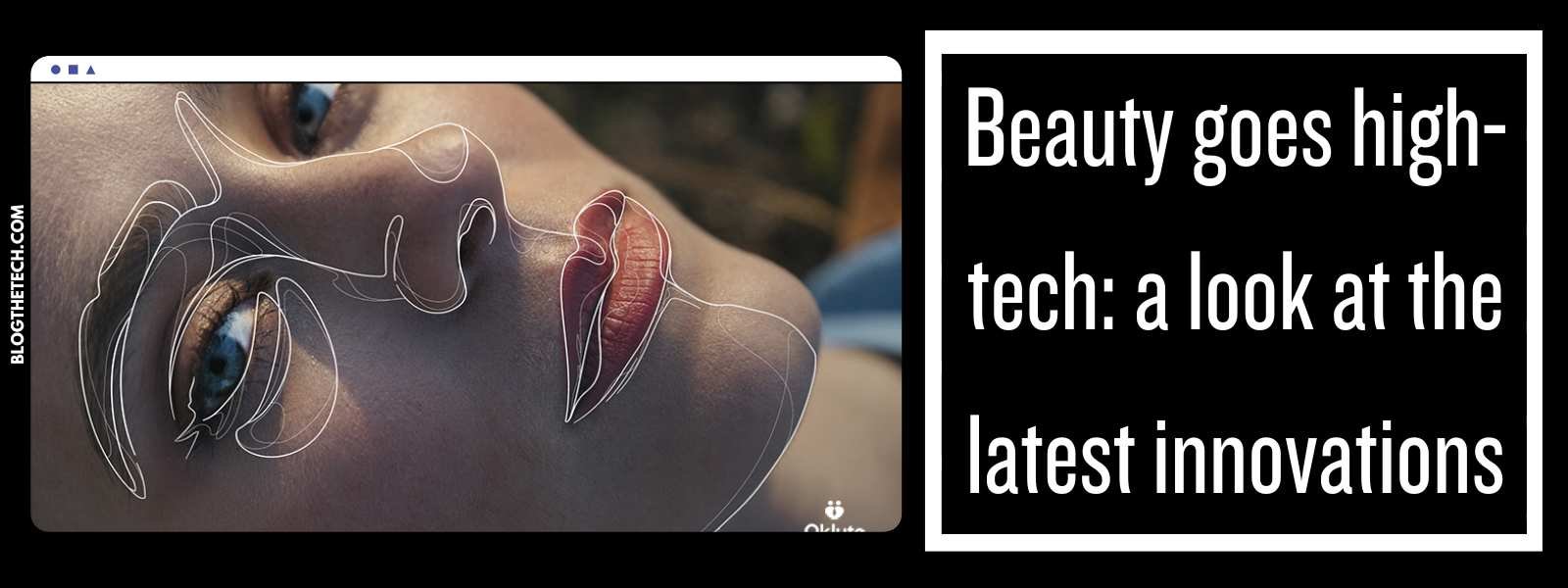While cloud computing is already powering countless enterprises, its adoption in the healthcare field is still developing. Aside from lack of awareness, other factors like cost and accessibility affect how the technology attracts hospitals and medical organizations. Regardless, the following are several main benefits of applying cloud computing to the healthcare industry; please read on.
Benefits Of Cloud Computing For The Healthcare Sector
1. Fast service
Cloud computing can make the processes and tasks in a healthcare organization faster. Using speedy providers like AWS and Microsoft Azure, websites, portals, and applications can run quicker and manage multiple requests efficiently. As a result, a medical centre can cater to patient registrations, consultations, and many other matters without long queues, loadings, and delays.
Aside from that, cloud computing can also improve the overall speed of processing tasks among staff, doctors, nurses, and utilities. It may be accessing records, sending files and documents, and many more. Whatever it may be, unlike traditional computing servers, the cloud can deliver more robust performance in a much shorter time frame.
2. Collaboration
While in-house servers can allow collaboration among personnel, it’s not as flexible and easy to achieve as cloud computing. As such, first, with the latter, there’s no need to set up physical servers, so it’s easier to adopt. Next, the staff can access data and communicate without direct connection to the server or using a client computer, making the roving doctors’ and nurses’ jobs easier.
Suppose a medical organization employs staff from another state or country. In that case, cloud computing is the best and fastest way to collaborate and complete tasks while using in-house tools. Lastly, it can also replace commercial services for outsourcing projects, duties, and other activities, resulting in a more secure and customized experience.
3. Cost-efficient
One of the main benefits of cloud computing is its cost-effectiveness. In detail, unlike getting physical servers, a company will only have to pay for the storage, processing power, and other features that it needs or consumed. This way, hospitals won’t have to worry about running out of disk space or server capacity since the cloud is only a few clicks away.
Apart from that, a healthcare organization can also save on maintenance and electricity bills. Typically, when in-house servers experience problems, IT services can cost a lot, depending on the severity of the issues. Contrarily, server problems shouldn’t be an issue with cloud providers, given how they ensure that their platforms are always running and serving customers. Finally, electricity bills can go down as physical servers typically consume more power than computers and other devices.
4. Efficient patient care
As many medical institutions are already using technology to process and accomplish tasks, cloud computing can positively affect their patient care performance. First, doctors can quickly entertain individuals for consultations thanks to faster forms, registrations, recordings, and other related matters.
Next, if medication records, test results, and schedules are accessible wirelessly and paperless, patients won’t have to wait longer and do additional steps. In summary, with faster servers, wireless data access, and more capable processing, a medical centre can enhance its patient care methods significantly.
5. Data management
With cloud computing, a hospital can improve its data management and access methods. In detail, as many providers offer massive storage and fast-speed plans, storing petabytes of data is easier in the cloud than having physical servers. Also, these cloud servers are scalable, meaning one can quickly request to downgrade or upgrade a server’s power and storage capacity should the organization needs to change.
Accordingly, the staff can store, access, and retrieve medical data either in the office or anywhere in the hospital. Besides, most cloud providers offer backup, and data integrity features to secure files from corruption, outages, and version inconsistencies. Lastly, remote employees, 3rd party companies, and many others can submit and receive documents efficiently.
6.Privacy
As people live in the digital age, it’s best if everyone takes online privacy, identity, and personal data protection seriously. Moreover, whether it’s a physical or cloud server, total security isn’t guaranteed. Aside from hackers, some individuals scam people and organizations, even healthcare companies, for money, data, and identity. While there’s no absolute solution, using protection tools like Spokeo, an email and phone number search and reverse number lookup tool would help.
Apart from that, please avoid opening or answering strange emails and calls, which scammers may disguise as messages from hospital staff, office, or management. Also, it’s best to only entertain contacts from the special or dedicated apps and software of the hospital to avoid phishing and other types of fraud. However, Spokeo’s reverse phone lookup and email lookup tools help identify a caller or sender to prevent scams and data breaches when unsure.
Cloud Computing For Healthcare – What’s Beyond?
While many healthcare organizations still haven’t adopted cloud computing today, it will be the opposite scenario in the future. It can help medical workers work efficiently, apply new treatment methods, work remotely, and try different medical innovations in the coming years. Finally, aside from cloud computing’s business applications, everyone should also be excited about its benefits to the healthcare sector.





